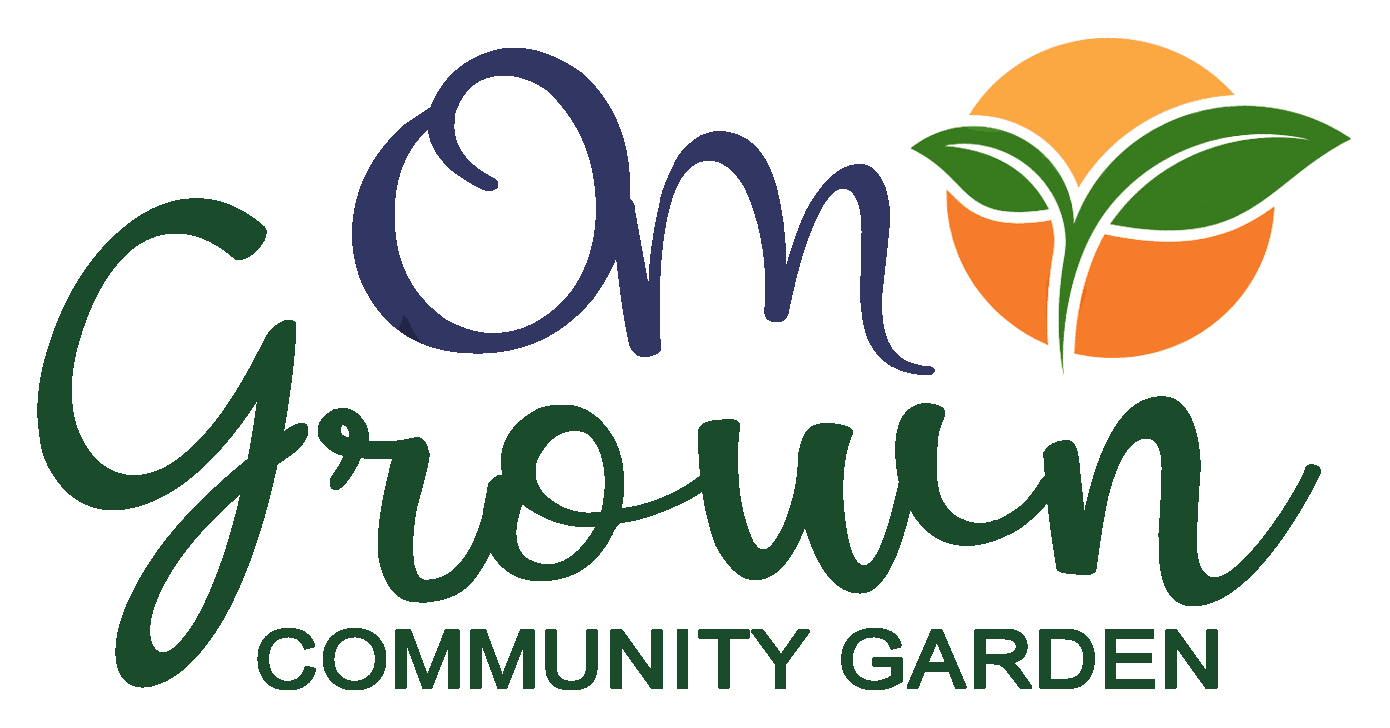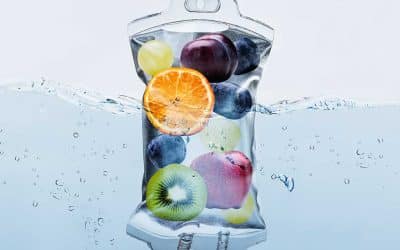The food, technology, and pharmaceutical industries are deeply intertwined and essential to modern life. We often assume that these industries work in harmony, benefiting us in many ways. Food provides sustenance, technology allows us to communicate and connect, and pharmaceuticals can save or prolong lives. However, there are secrets within these industries that they don’t want you to know. In this article, we will delve into the hidden truths of the tech, pharma, and food industries, exposing what they don’t want you to see. Read on to uncover the shocking secrets that these industries have been hiding for too long.
Table of Contents
Food Industry Secrets

The food industry is not as transparent as we might think. Big food lobbyists have captured the FDA, and chemical lobbyists follow along with their agenda. There are conflicts of interest happening between these industries, which is not a good sign. In recent years, the development of CRISPR technology has allowed for gene editing in food. This technology is controversial and raises questions about the safety of genetically modified food.
To make matters worse, thanks to a law passed in the 1950s, food manufacturers are able to take shortcuts and announce their food or additives as GRAS (Generally Recognized as Safe) without revealing the contents to the FDA. This means that companies can determine on their own if a food or added substance is safe without proper FDA oversight. The lack of transparency in the food industry is concerning and raises questions about the safety of the food we consume.
As consumers, it’s important to be aware of these secrets that the food industry doesn’t want us to know. The power play between these industries creates conflicts of interest that can impact our health and safety. The lack of transparency in the food industry is worrying, and consumers have the right to know what they are putting into their bodies.
Essentially, most of the food manufacturing in the US is heavily reliant on artificial/synthetic ingredients, GMO products, heavily refined and processed foods/oils, plastics, metals, synthetic wrapping/packaging, and even synthetic salt, which often lacks iodine. It’s concerning to think that the food we eat is often made with ingredients that are far from natural. To add to the concern, food manufacturers in the USA enjoy the “unlabeling” of genetically modified food, meaning that consumers are often unaware if the food they are consuming is genetically modified or not.
Reading Between the Lines
It’s important to read between the lines when it comes to the ingredients in our food, particularly in processed foods. Many of the leading detrimental ingredients found in processed foods are not always clearly labeled, which makes it difficult for consumers to make informed decisions. Here are some of the most concerning ingredients that are on, or not on, food labels:
- Propylene glycol: named the American Contact Dermatitis Society’s “Allergen of the Year” in 2018, this emollient and emulsifier is found in cosmetics, drugs, and foods. Many people have allergic reactions to this substance both internally and on the skin, and questionable results have been found in dog testing, including hemolysis.
- BHT (butylated hydroxytoluene): studies by the International Program for Chemical Safety have shown toxicity present in this petroleum product. It’s used as a food “antioxidant” to prevent oxygen from breaking down fat and causing foul smells and rancidity.
- BHA (butylated hydroxyanisole): deemed “GRAS” by the FDA, but a “potential carcinogen” according to the NIH, this is another “antioxidant” that the International Agency for Research on Cancer has classified as a possible human carcinogen. The European Commission on Endocrine Disruption also categorizes this substance as a priority substance with evidence for endocrine disruption.
- Corn starch and modified corn starch: all genetically modified.
- Partially hydrogenated soybean or cottonseed oil: also genetically modified.
- Sunflower, corn, or safflower oils: these omega-6 fatty acids can cause inflammation, pain, and dysregulation of sugar.
- Hydrogenated oils (trans fats): the FDA has ordered these out of food production as of 2020 due to the heart disease risks associated.
- High fructose or maltose corn syrup: a very fast sugar that can contribute to fatty liver, diabetes, and heart disease.
- Red #40, yellow 5, yellow 6, blue 1: these food colorings can be immune disrupting and contribute to altered behaviors and cancer.
- Sodium benzoate: when combined with vitamin C, it can be toxic.
- Azodicarbonamide: used in Pizza Hut cheese bread, this substance is banned in Europe, the UK, and Australia, and in Singapore.
- Dimethylpolysiloxane: an “anti-foaming” agent used in McDonald’s French fries, caulks, sealants, breast implants, and even silly putty.
- Glyphosate: an ingredient of Roundup herbicide that is found in most conventionally grown crops. It affects the shikimate pathway of organisms in plants and has been implicated in many human diseases. The gut microbiome is one area that is heavily impacted by this substance.
It’s important to be aware of the big food corporations that are selling inferior, substandard, and unhealthy products to the public. Some of the biggest offenders in this category include Kellogg’s, Kraft, PepsiCo, M&M/Mars, General Mills, and McDonald’s.
However, it’s important to note that behind these corporations are even bigger owners, including Vanguard and BlackRock at the top of the list. These corporations have immense power and influence over the food industry, which can impact the quality and safety of the food that we consume. How does this make you feel? As consumers, we should be aware of who is behind the food we eat and demand greater transparency and accountability from these companies.
Technology Industry Secrets

The technology industry is rapidly advancing, but at what cost? Shockingly, no safety testing has been done on cell phones since 1979. This is a serious concern, as the technology and the way we use it have changed dramatically since then. We use our phones constantly, exposing ourselves to microwave radiation that alters biological cell function. This is particularly concerning when it comes to children, who are highly vulnerable to the detrimental effects of this radiation. With no safety testing being done, it’s important that we take a closer look at the potential risks that come with using cell phones.
Microwave radiation is not the only concern when it comes to technology. As more and more children use smartphones and other devices, we must consider the impact these technologies have on their developing brains. Studies have shown that children who use smartphones regularly have decreased gray matter in their brains, as well as changes in brain activity. This is alarming and raises questions about the impact of technology on children’s neurological development. We must ensure that our children are using these devices safely and in moderation.
Another concerning aspect of the technology industry is the ongoing surveillance and more to come. Our every move is being tracked, whether we realize it or not. Social media platforms track our behavior, Google Maps track our location, and the NSA monitors our communications. This level of surveillance is unprecedented and raises questions about our privacy and civil liberties. It’s important that we demand greater transparency and accountability from technology companies and ensure that our privacy rights are protected.
If something feels right in our gut, it’s important to follow that intuition. We can always change our minds and make different choices if we find that something isn’t working for us.
One of the most significant concerns with technology is the addiction that it can cause. Social media platforms, video games, and other technologies are designed to be addictive and can have a serious impact on our mental health. Studies have shown that excessive use of technology can lead to depression, anxiety, and other mental health issues. It’s important that we learn to use technology in moderation and take breaks from our devices to prioritize our mental health.
Finally, there is a significant issue with the electronic waste that the technology industry produces. Every year, millions of tons of e-waste end up in landfills, causing serious environmental harm. We must demand that technology companies take responsibility for the products that they produce and implement more sustainable practices. As consumers, we can also do our part by recycling our electronics properly and choosing products that are designed to be environmentally friendly.
Big Pharma Secrets

The pharmaceutical industry is a complex and sometimes controversial industry. One of the most concerning issues is the experimentation that occurs without proper scientific control and regulation. This is a serious problem, as it means that drugs are being released to the public without being properly tested or evaluated. This can lead to serious health risks for patients, as they may be taking medication that has not been properly vetted. We need to demand greater transparency and accountability from the pharmaceutical industry and ensure that all drugs are properly tested and evaluated before they are released to the public.
Another issue with the pharmaceutical industry is the exclusion of life-saving ingredients in certain classes of drugs. In some cases, pharmaceutical companies have intentionally excluded important ingredients in their drugs, potentially putting patients at risk. This is particularly concerning when it comes to life-saving medications, where the exclusion of certain ingredients could have serious consequences. Hold the pharmaceutical companies accountable for the safety of their products and demand that they include all necessary ingredients in their medications is crucial.
The safety of medications is also a concern, particularly when it comes to the information included in their packaging. Many medications do not include important safety information in their packaging, leaving patients in the dark about potential risks and side effects. This is particularly concerning for patients who may be taking multiple medications, as they may not be aware of potential interactions. It’s important that pharmaceutical companies provide clear and comprehensive information about their products to ensure that patients are fully informed about the risks and benefits of their medications.
Another issue with the pharmaceutical industry is the high cost of prescription drugs. Many life-saving medications are prohibitively expensive, leaving patients without access to the treatment that they need. This is a serious problem, as it means that patients are not receiving the care that they need to manage their health conditions. It’s important that we work to make prescription drugs more affordable and accessible for all patients, regardless of their financial circumstances.
Finally, there is a significant problem with the opioid epidemic in the United States, which has been fueled in part by the pharmaceutical industry. Pharmaceutical companies have been accused of downplaying the risks of opioid medications and encouraging doctors to overprescribe them. This has led to a widespread addiction crisis that has devastated communities across the country. It’s important that we hold pharmaceutical companies accountable for their role in this crisis and work to find solutions that prioritize the health and well-being of patients.
Deciding What’s Best for You in Food, Pharma, and Technology
When it comes to making decisions about our health, safety should always be our top priority. Whether we’re making choices about food, pharmaceuticals, or technology, we must always consider the potential risks and take steps to mitigate them. This means doing our research, asking questions, and avoiding being coerced or forced into anything that we feel uncertain or fearful about. It’s important that we take control of our health decisions and make choices that prioritize our well-being.
If you have been hurt or disturbed by a particular food, medication, or device, it’s important to seek alternative care options. There are often many different treatment options available, and it’s important to know your alternatives and the benefits of one treatment over another. It’s also important to work with tried-and-true companies and healthcare providers who have a track record of providing safe and effective care.
When facing a very serious diagnosis or health issue, a more integrative approach may be your best choice. This means looking at all of the available treatment options, including alternative therapies and lifestyle changes, and working with a healthcare provider who can help you create a comprehensive treatment plan. It’s important to remember that your health is in your hands and that you have the power to make choices that will benefit your well-being.
Ultimately, deciding what’s best for you in food, pharma, and technology requires careful consideration and thoughtful decision-making. We need to think critically about the choices that we make and prioritize our health and safety above all else. By doing our research, asking questions, and seeking out tried-and-true companies and healthcare providers, we can make informed decisions that will help us lead healthy and fulfilling lives.
Choose Truth, Purity, and Totally Natural and Avoid Negative Consequences
When it comes to making choices about our health and well-being, it’s always best to err on the side of caution. If you have any doubts or concerns about a particular food, medication, or technology, it’s important to say no and avoid negative consequences. This means being mindful of what we put into our bodies and taking steps to protect our health and well-being.
One way to do this is to focus on organic, whole, homemade, and traditional cultural foods. These are often the purest and most natural options available, and they can provide us with the nutrients and sustenance that our bodies need to thrive. We can also look to the wisdom of our ancestors and consider what our grandmothers and grandfathers raised and picked from the fields.
It’s also important to seek out sources of information that provide the truth, even if they are not identified by three-letter media outlets. We can take a moment to examine our resources and consider what information sources we trust and rely on. By keeping all of our senses clear and free of propaganda, we can make informed decisions that prioritize our health and well-being.
If something feels right in our gut, it’s important to follow that intuition. We can always change our minds and make different choices if we find that something isn’t working for us. It’s also helpful to join like-minded people who are also seeking answers and to seek out trusted thinkers and problem-solvers who can provide us with valuable insights and guidance.
Finally, it may be in our best interest to turn off all media and focus on reading books written by trusted experts. This can help us avoid the noise and distractions of modern life and focus on the information that is most relevant and useful to us. By choosing truth, purity, and totally natural options, we can protect our health and well-being and live our best lives.
References & Recommended Readings
- CDC.gov/cdc-info/index.html
- DavidSuzuki.org/livinggreen/ “The Dirty Dozen: BHA and BHT“
- Dasgupta, P. et al. “Iodine Nutrition: Iodine Content of Iodized Salt in the United States“. Environmental Science & Technology, 2008, Feb. 15; 42(4): 1315-1323
- EnvironmentalHealthTrust.org
- Quinn, E. et al. “Why the FDA Doesn’t Really Know What’s in Your Food“. The Center for Public Integrity; April 2015
- Seneff, Stephanie. Toxic Legacy. Chelsea Green, USA/UK, 2021.
- Sharon, J. et al. “Propylene Glycol” Dermatitis, 2018, Jan, 29(1): 3-5
- Weil, CS, et al. “Results of Feeding Propylene Glycol in the Diet to Dogs for 2 Years“; Science Direct, Elsevier, 1971, vol 9 (4): 479-490
- Yoqunito, L. “The Truth About Food Additive BHA“; www.livescience.com, May 30, 2013
- Zimmermann, M. et al. “Iodine Deficiency and Thyroid Disorders” Lancet Diabetes Endocrinology, 2015, April; 3(4): 286-295
- Rethinking Your Sip: The Unfiltered Truth About Alcohol - December 22, 2025
- Consumer Beware: The Ease of Deception in the Food Industry - October 28, 2025
- The Modern Plague of Addiction: Reflections on a Painful Subject - July 29, 2025





